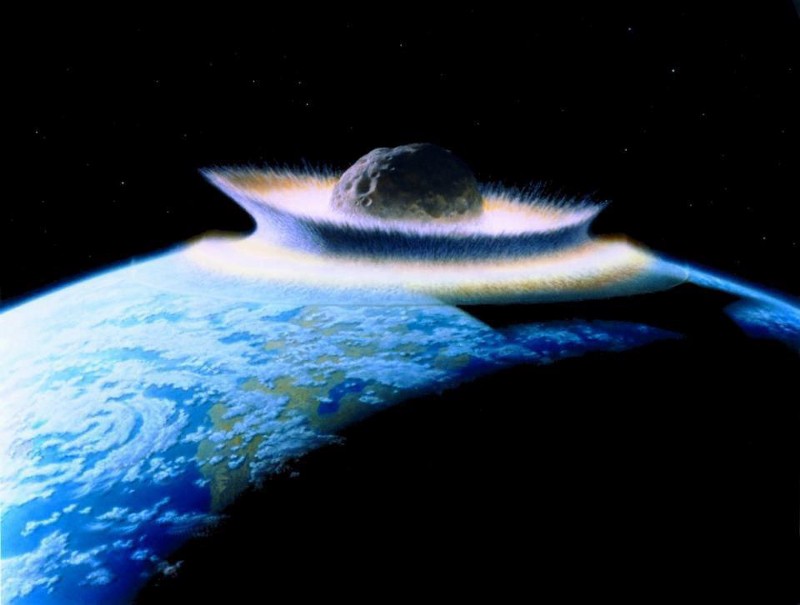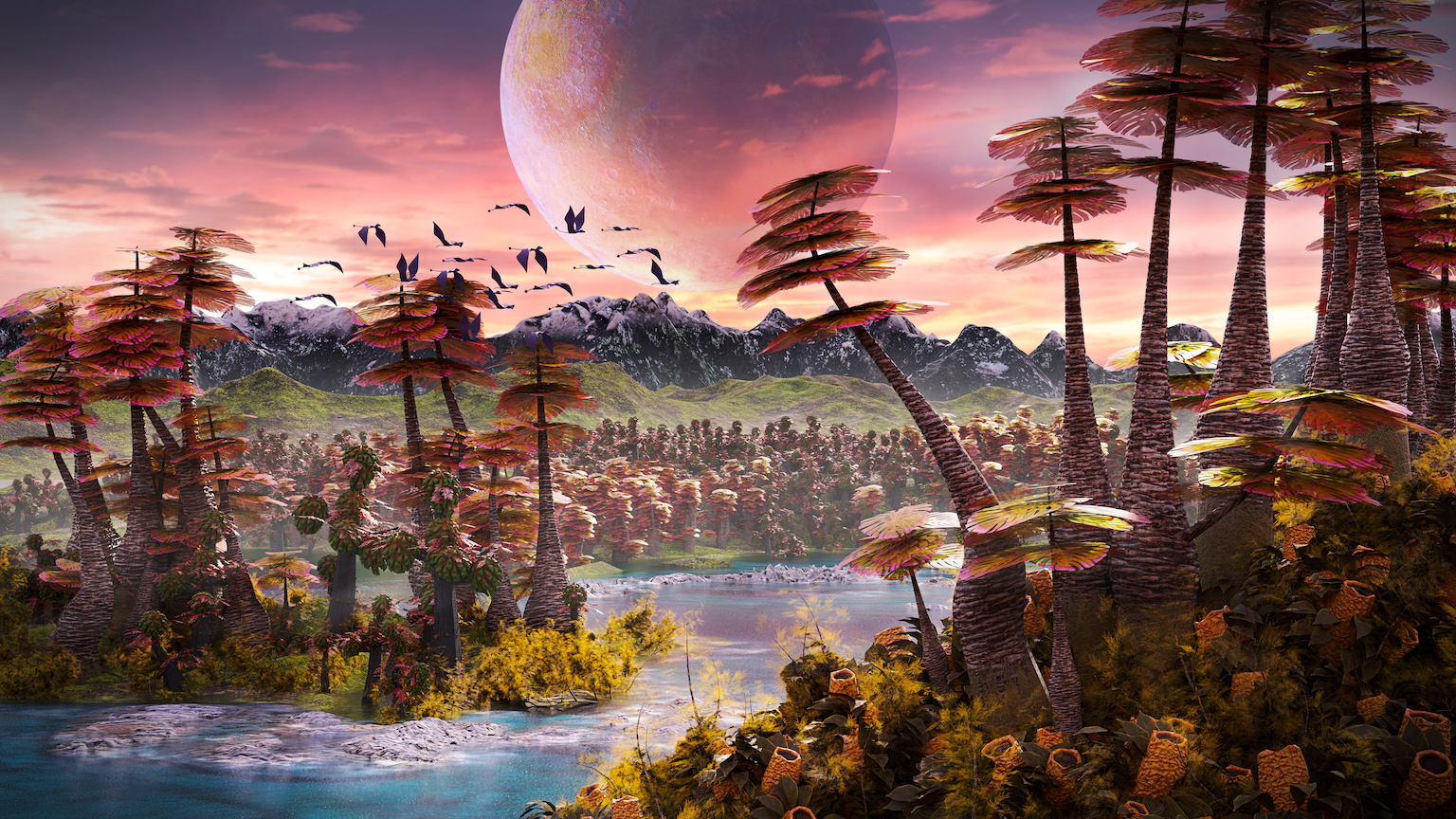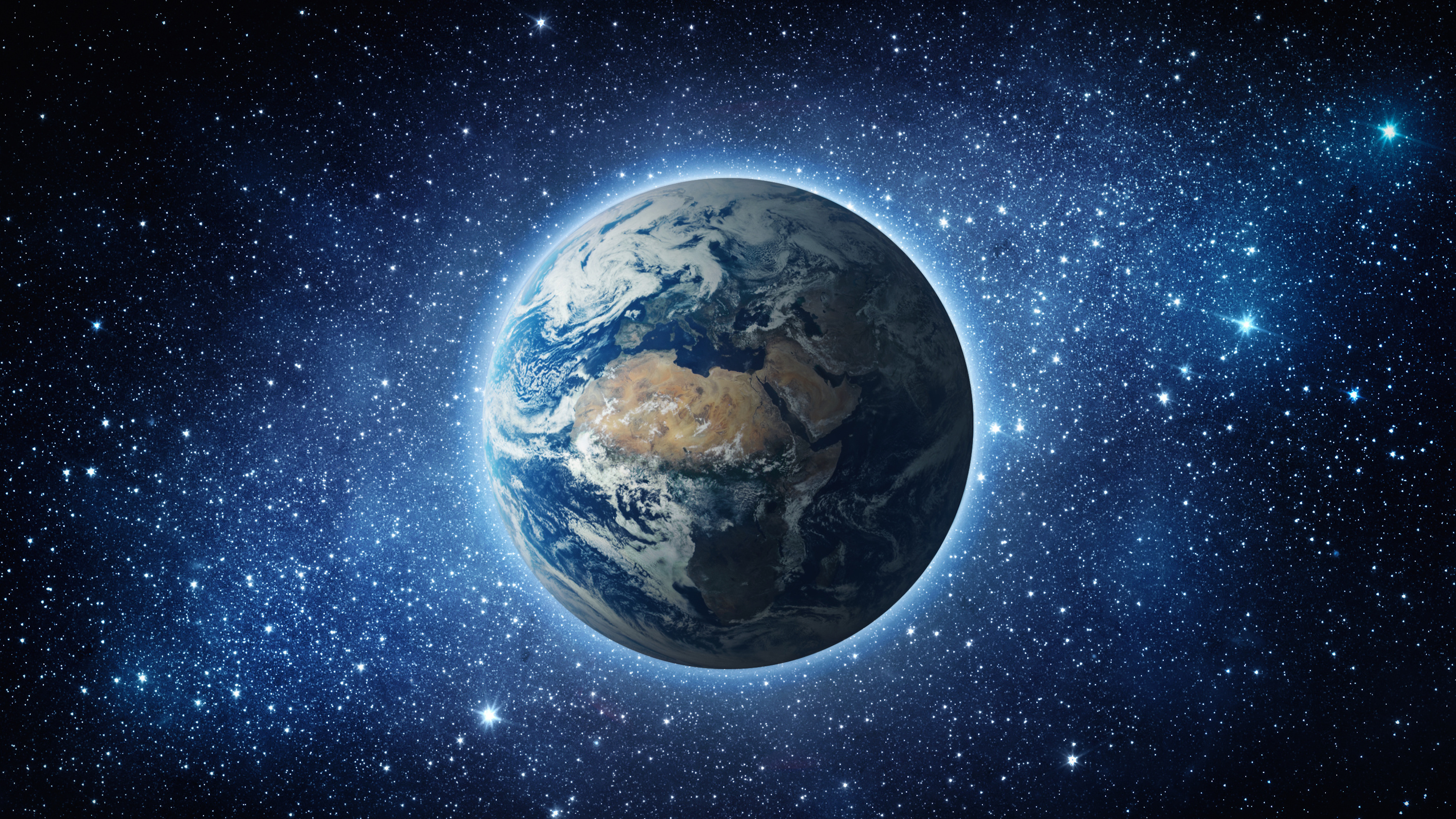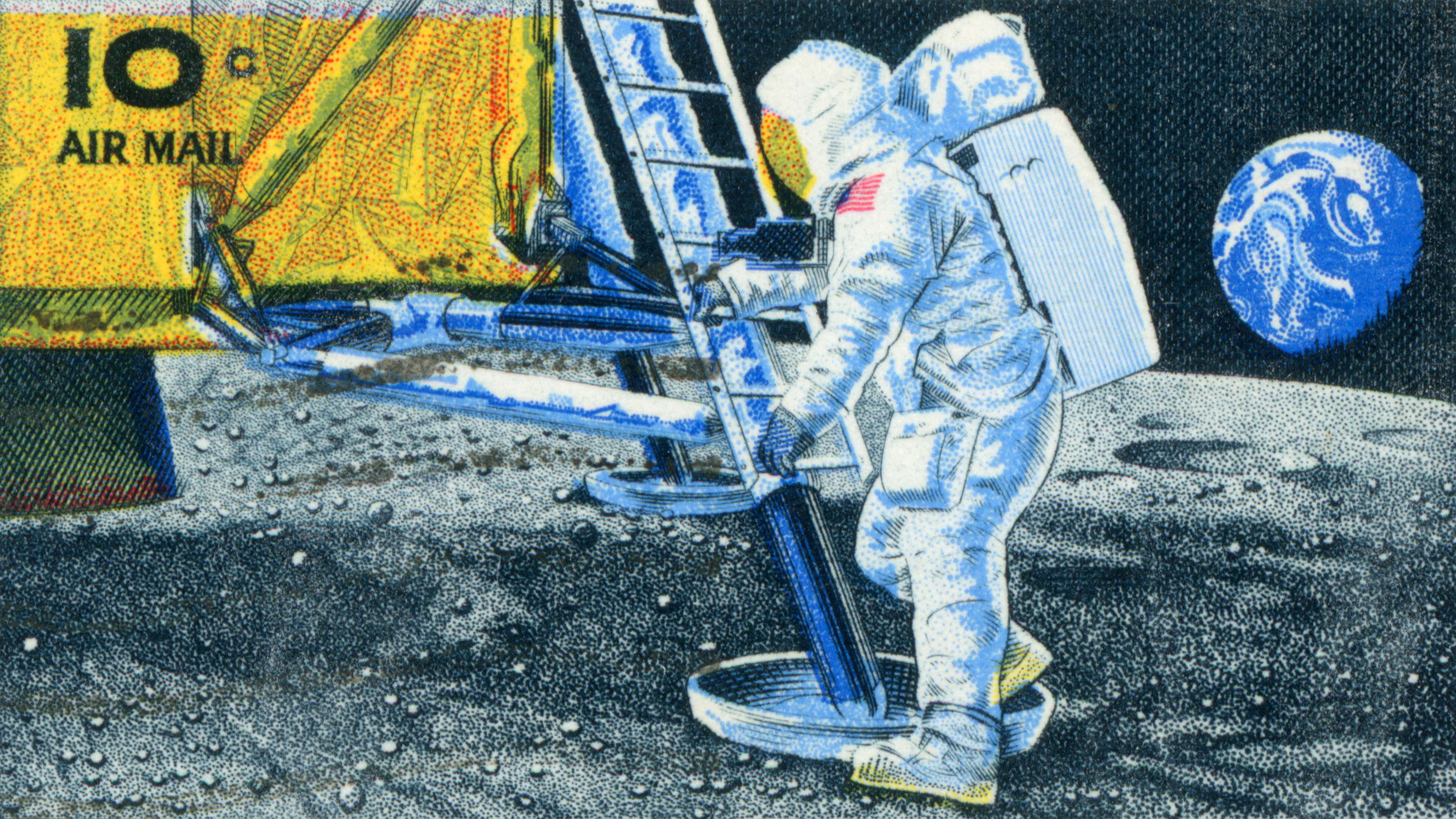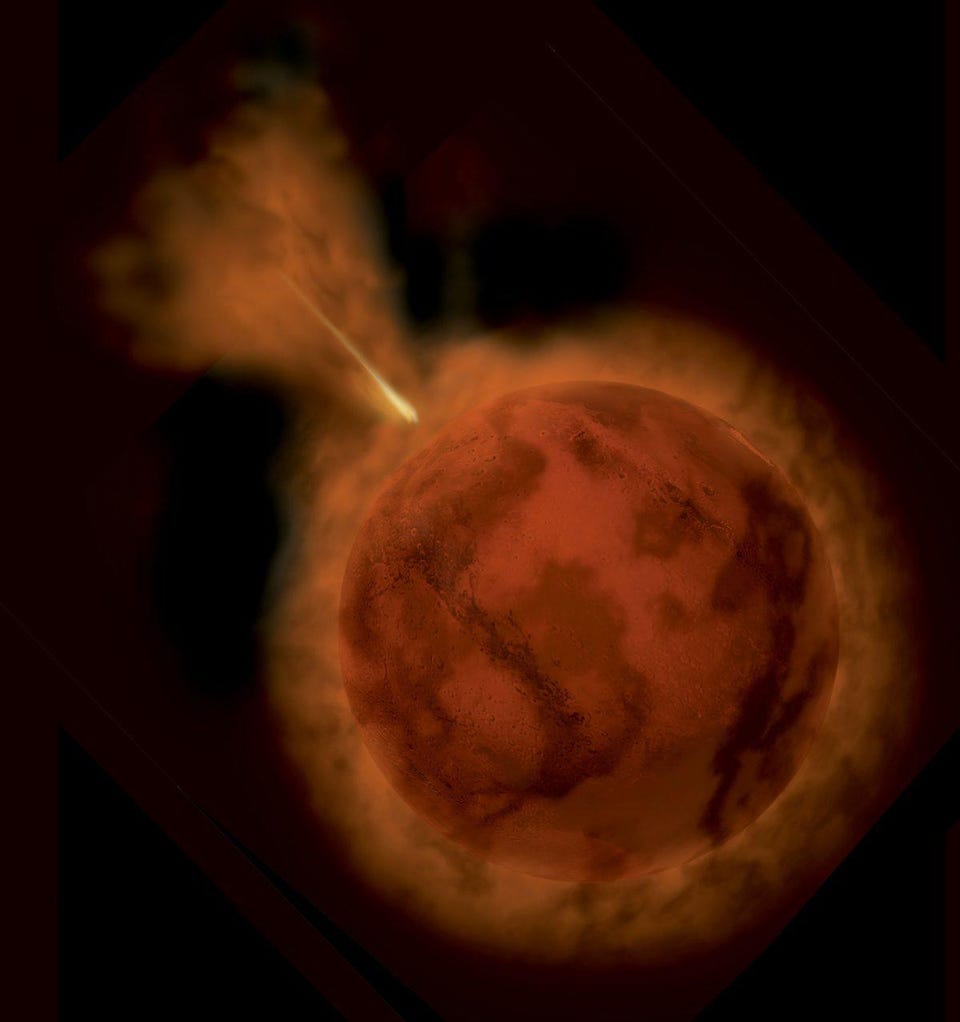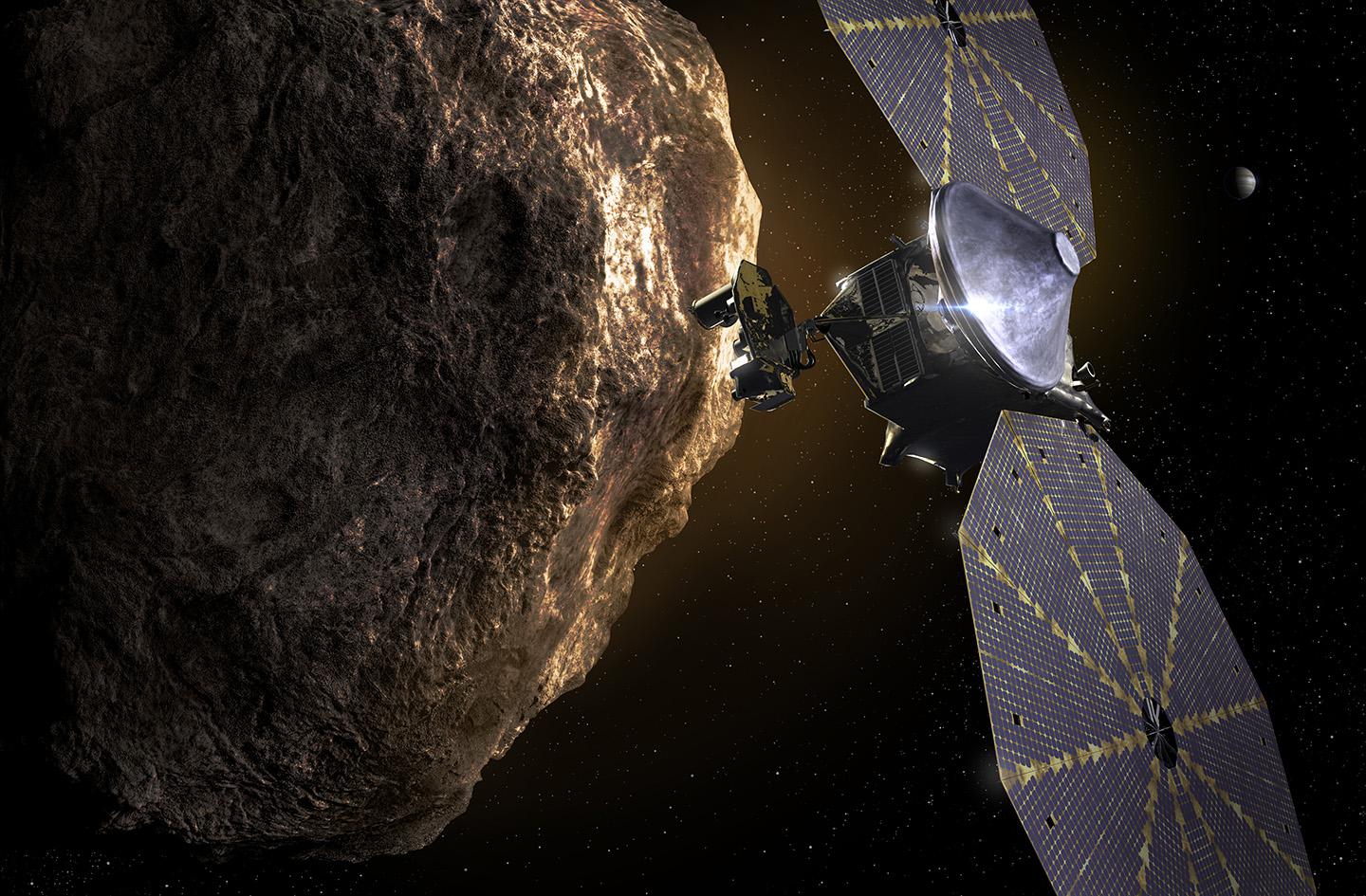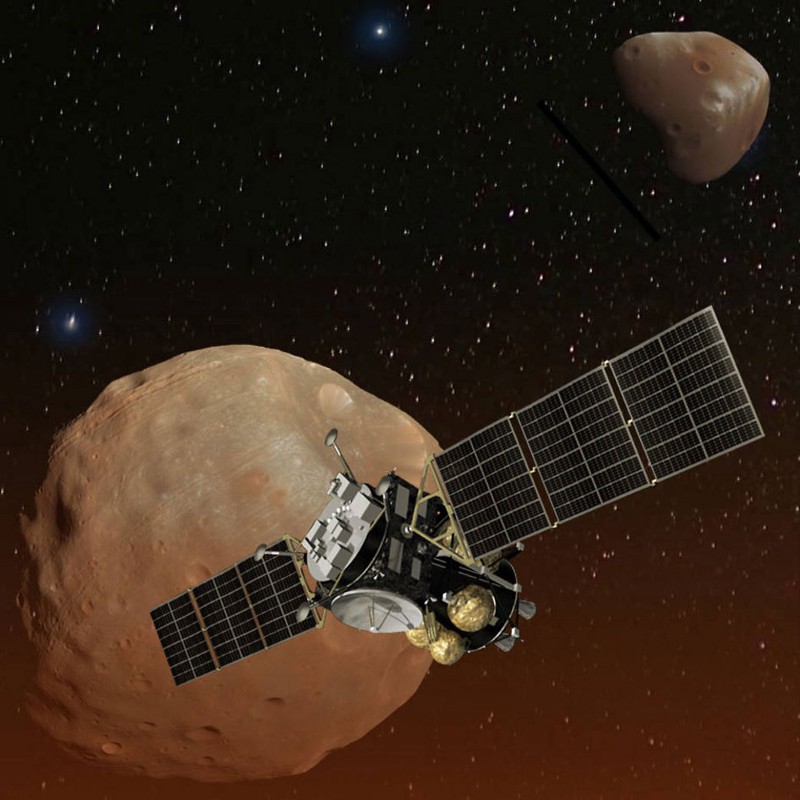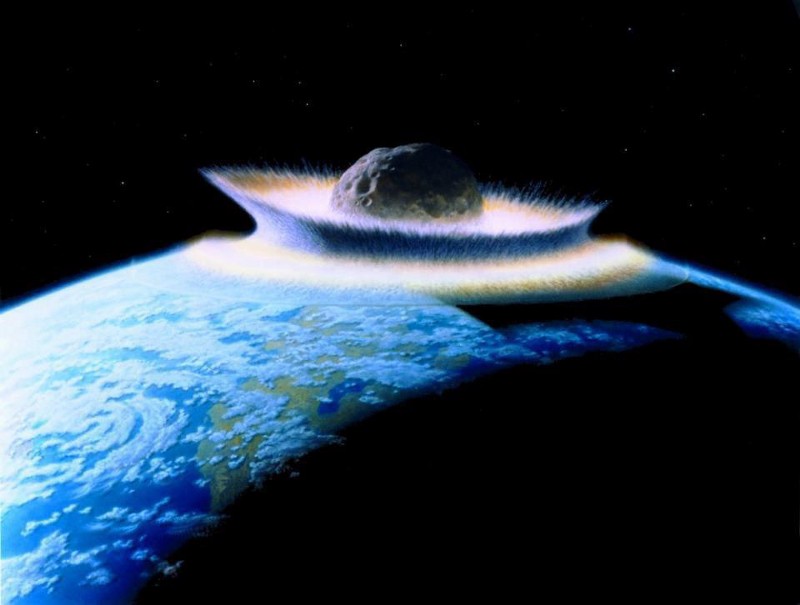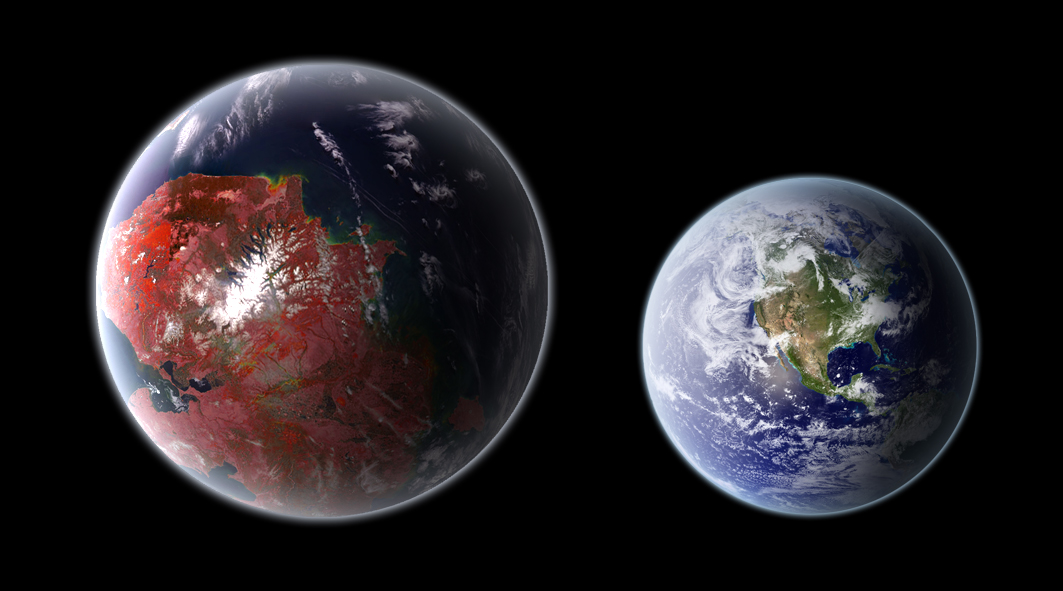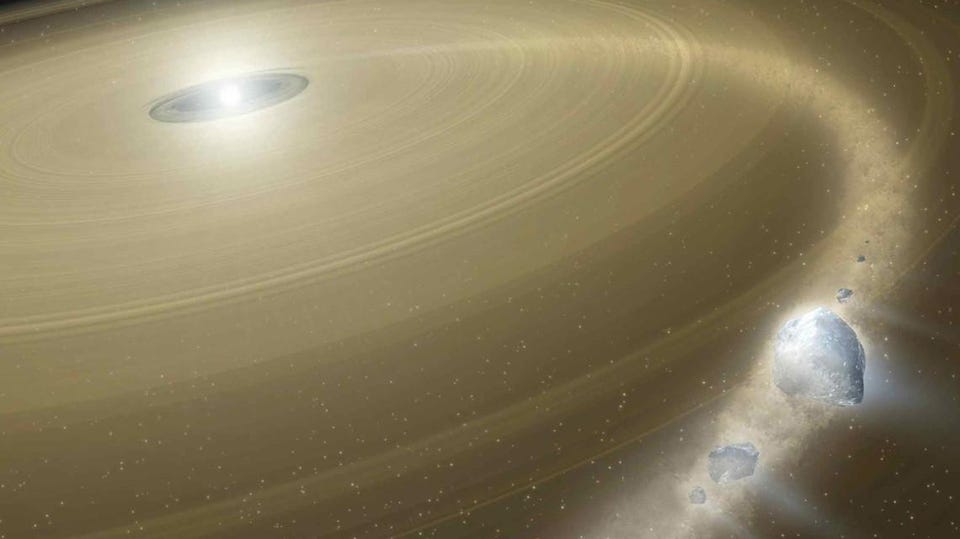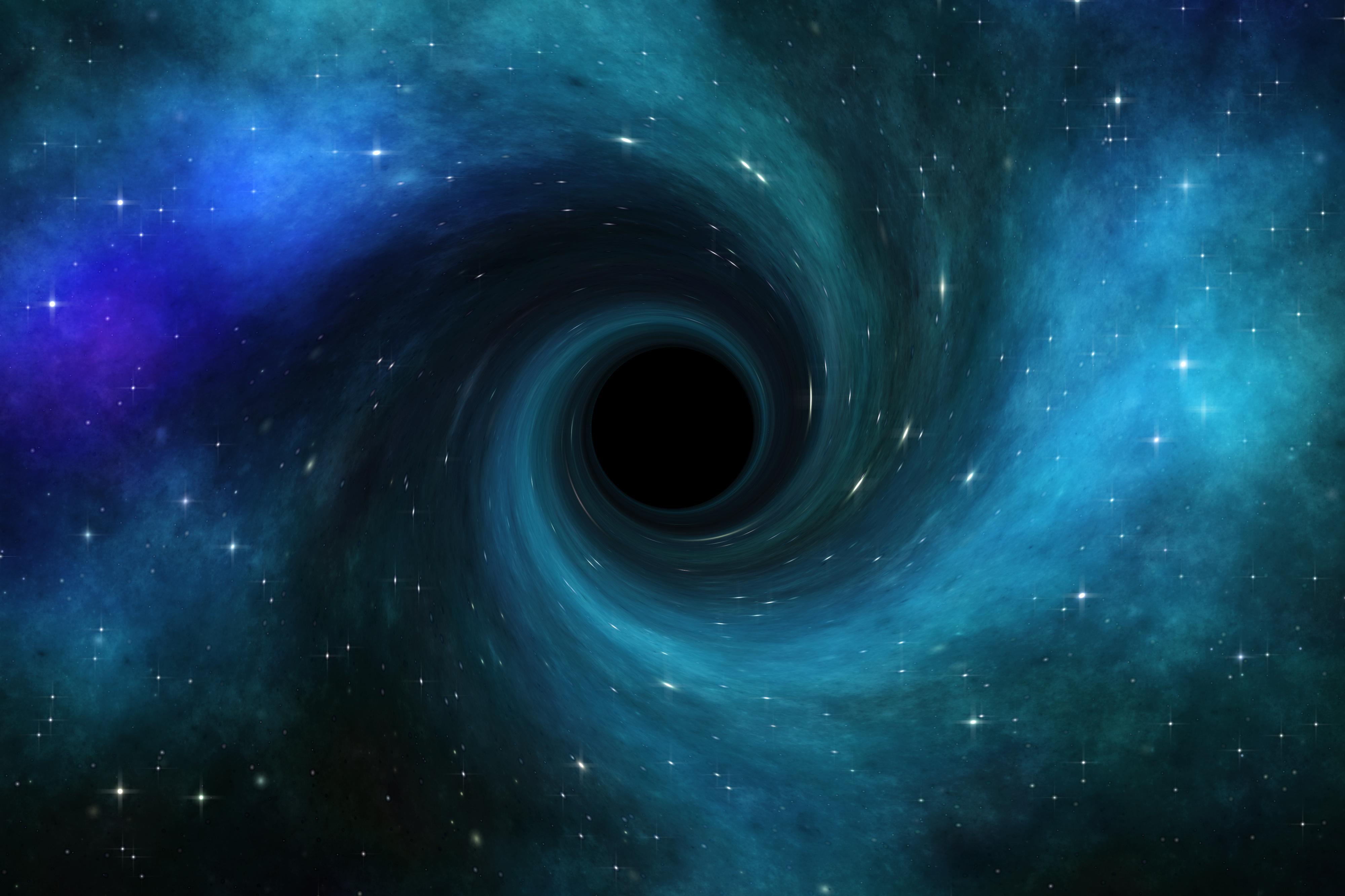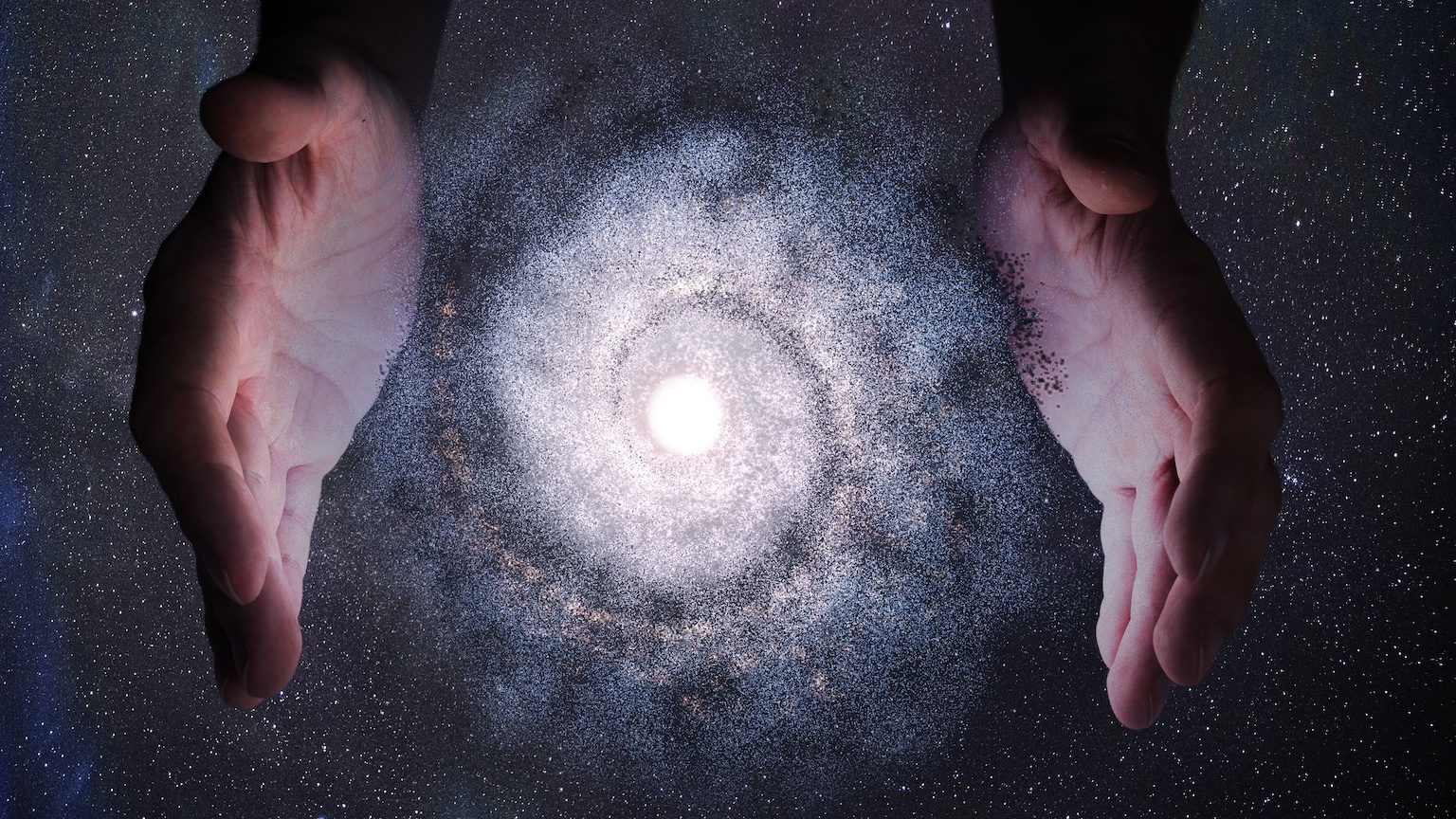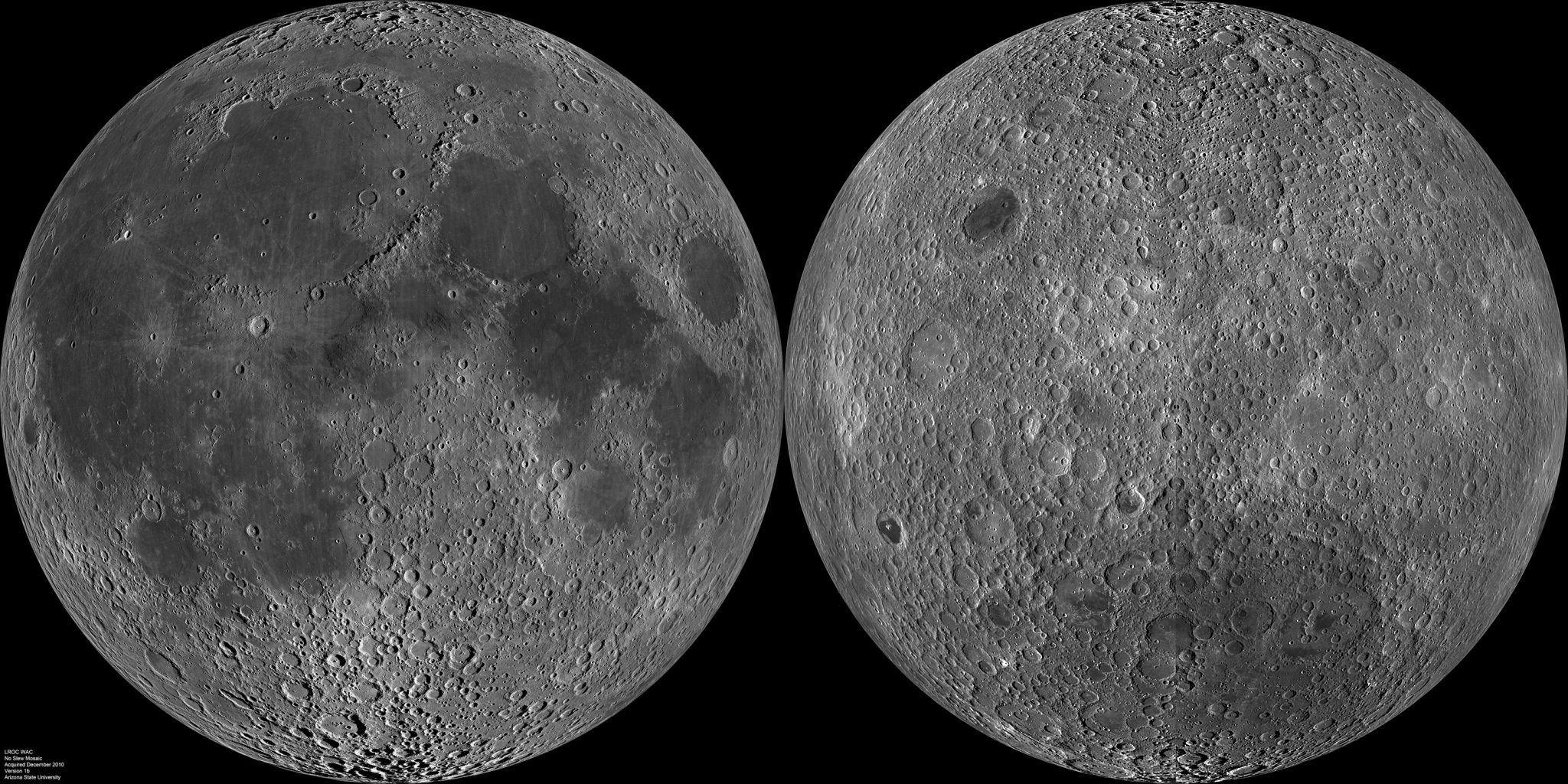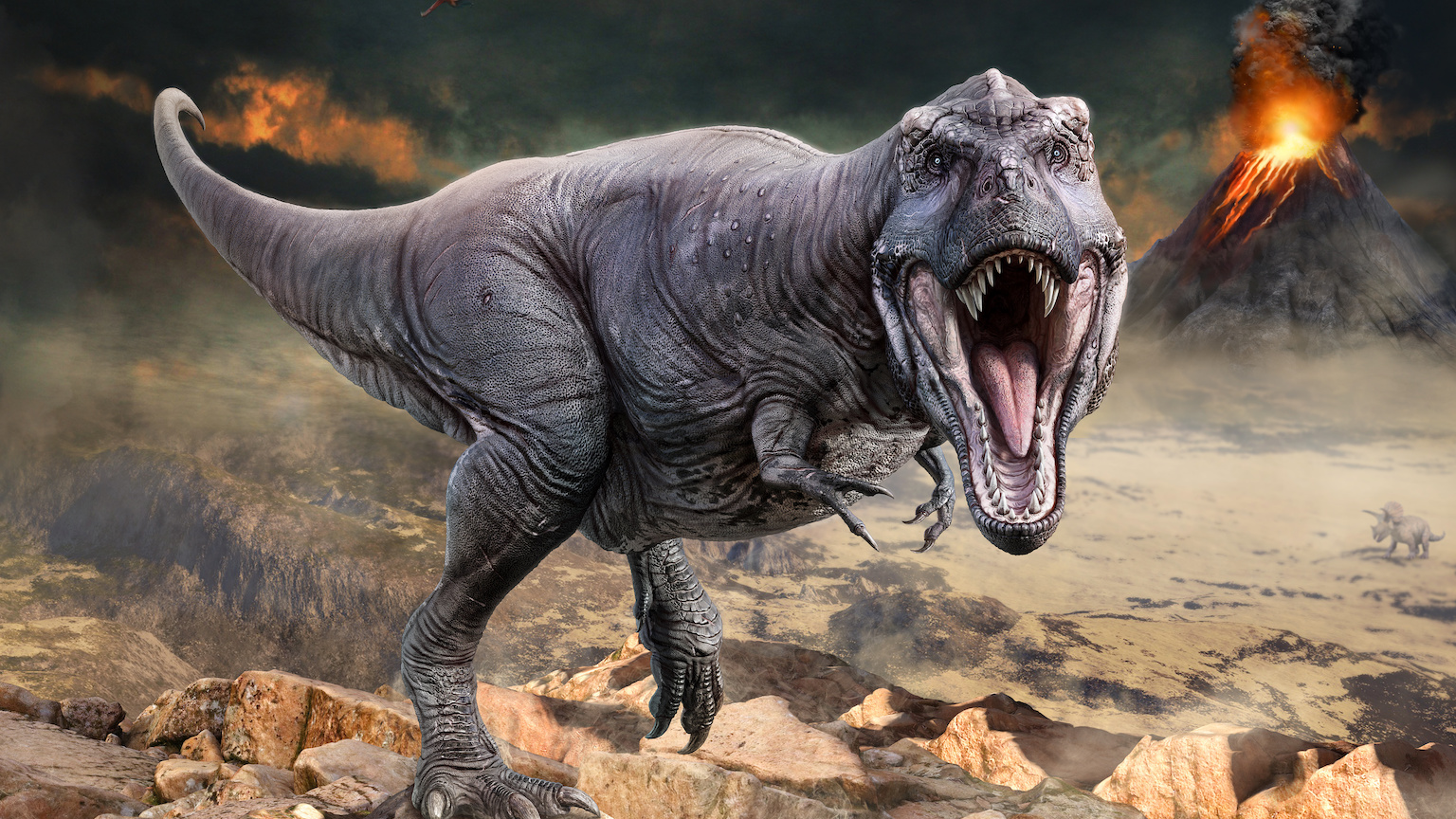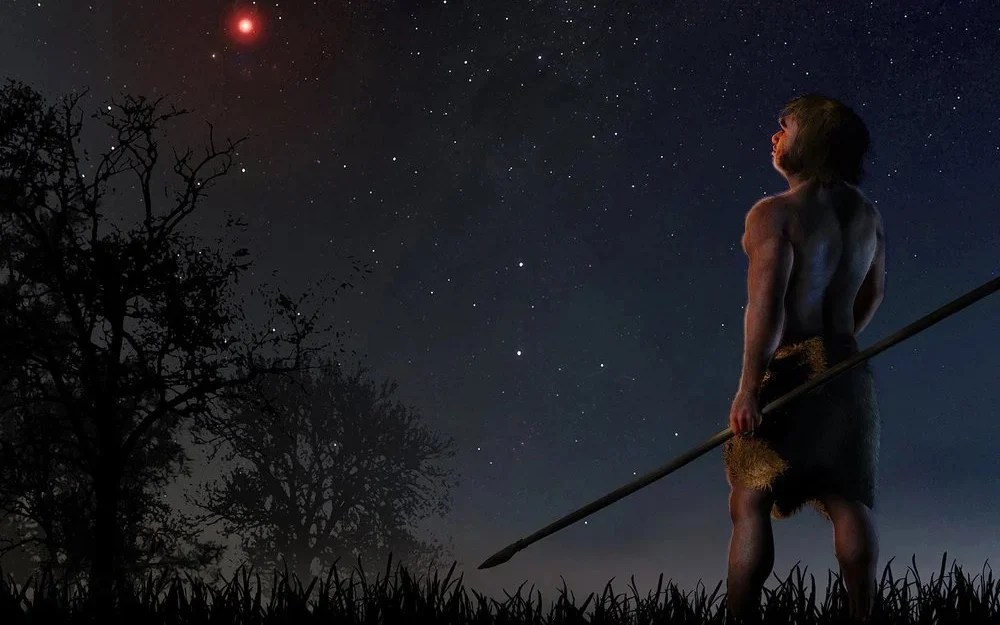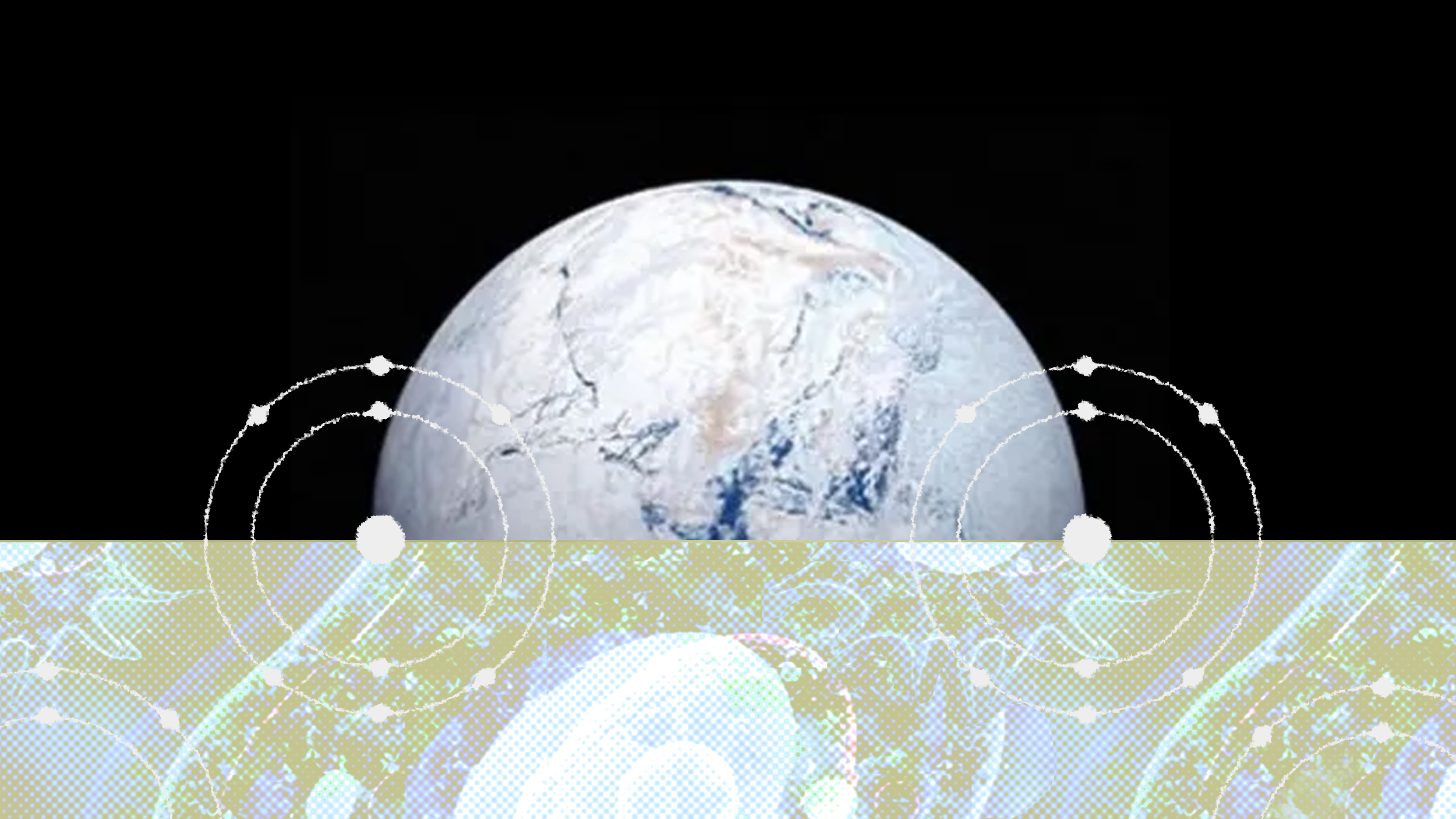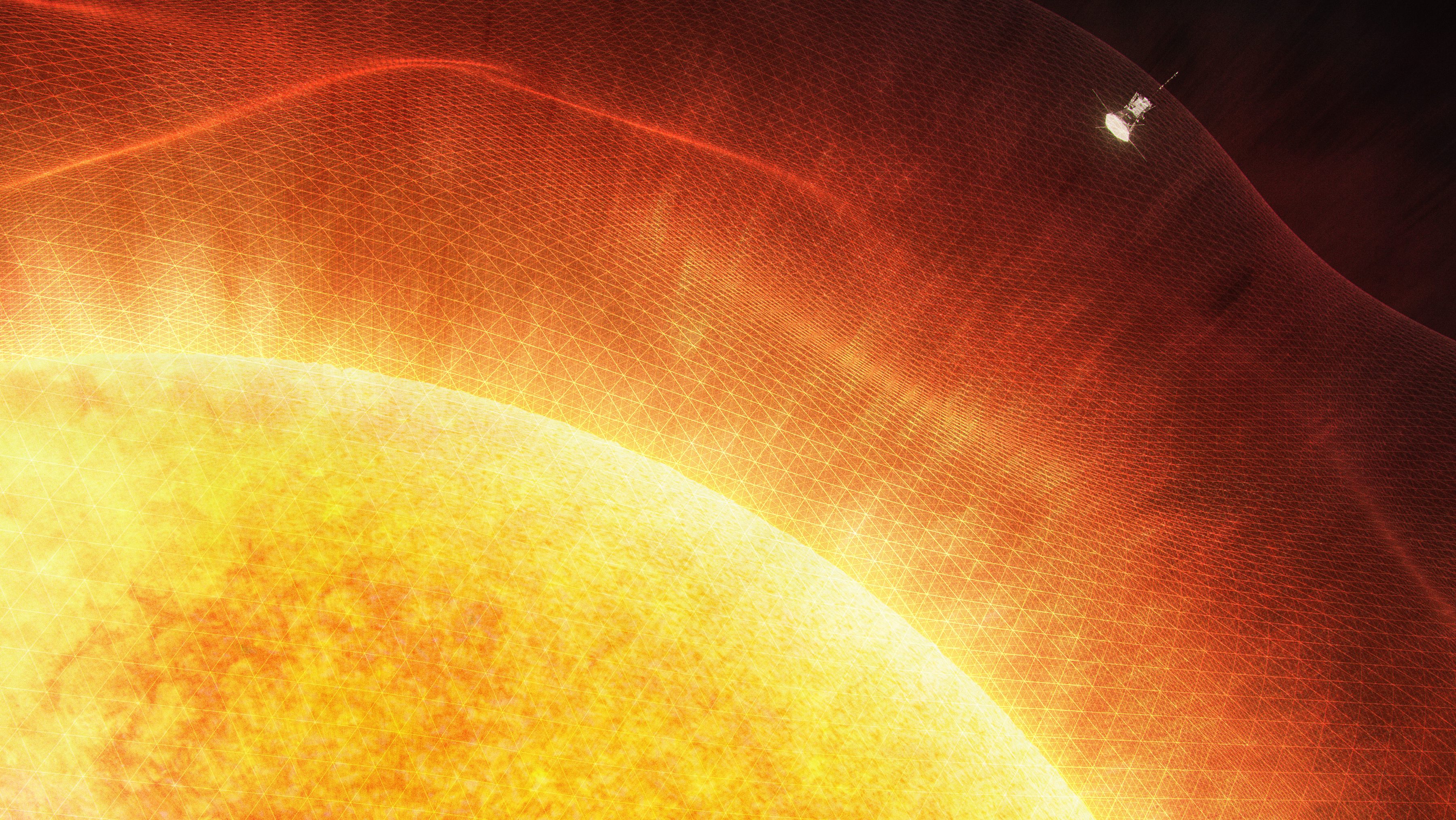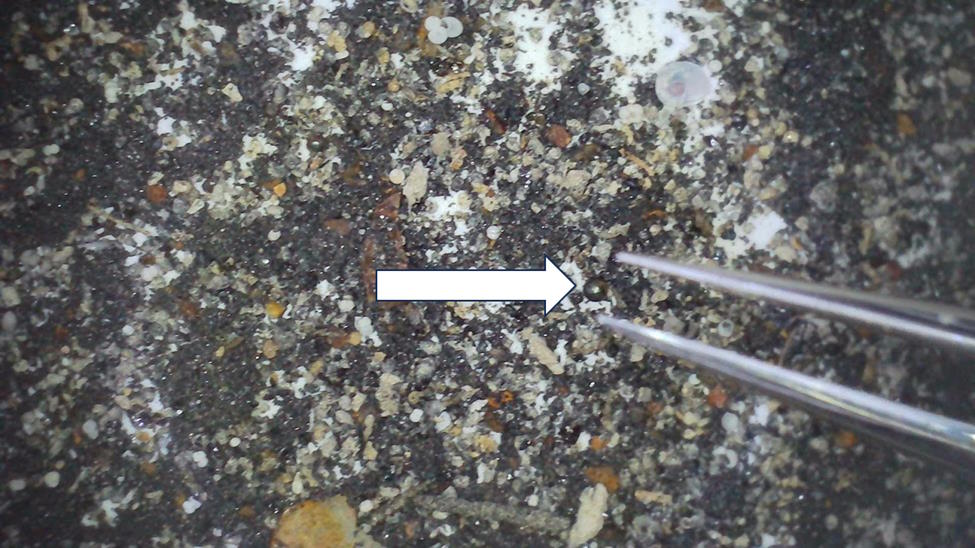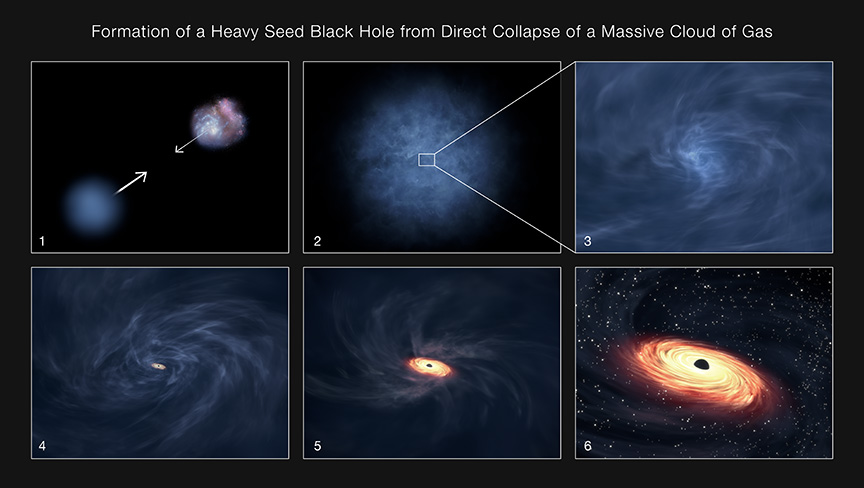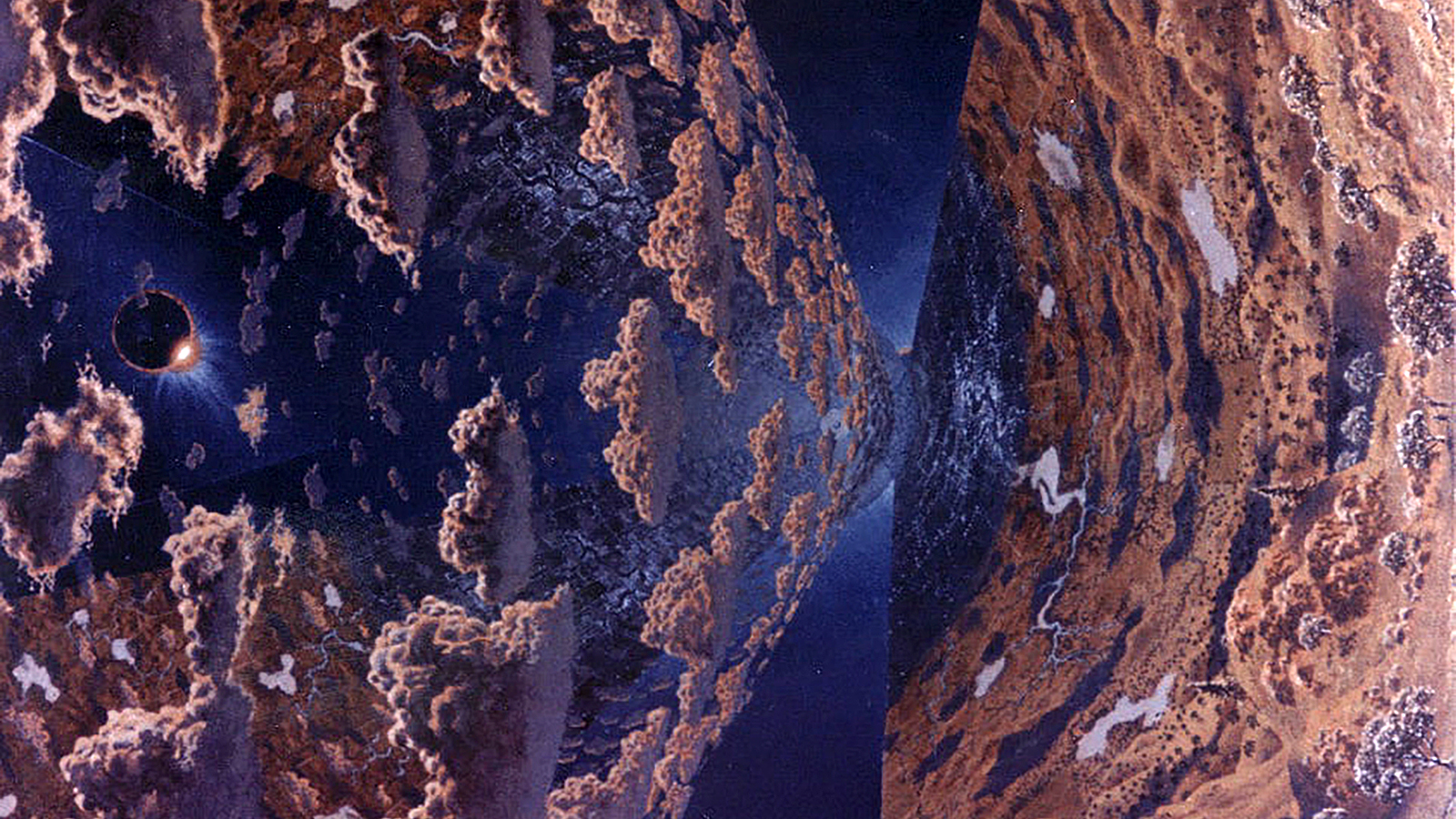If a large asteroid strikes Earth, it has the potential to release an enormous amount of energy, leading to local or even global catastrophes. The strike that led to the […]
Search Results
You searched for: Asteroid
Multiple lines of evidence — physical, chemical, and biological — must converge for scientists to conclude that alien life has been found.
Life in the supremely vast cosmos is incredibly rare. We need a new vision for our living planet and for ourselves.
In the spirit of the 1969 moon landing, we now have a golden opportunity to pursue “nondisruptive” creative solutions.
Phobos and Deimos only have two explanations, and neither one adds up.
There will always be “wolf-criers” whose claims wither under scrutiny. But aliens are certainly out there, if science dares to find them.
NASA will use energy from Earth’s gravity to launch the Lucy spacecraft in October of this year.
Theoretically, we know what happened on the red planet. Here’s how we’ll find out whether we’re right. When it comes to the worlds beyond Earth in our Solar System, it’s only […]
Only 17 years after its discovery have we learned we’re safe from asteroid Apophis. Ever since its 2004 discovery, asteroid 99942 Apophis has threatened planet Earth. Asteroid Apophis has been measured […]
NASA is creating a planet habitability index, and Earth may not be at the top. With our current data, ranking habitability is guesswork.
From life on Earth to the planet itself, there are four ways our planet will actually experience “the end,” no matter how we define it.
A new study proposes that Hawking radiation could be used to find dark matter in places like primordial black holes.
We pretend to be in control, but we have frighteningly little knowledge upon which to base our life’s decisions.
Many people perceive the struggle to understand our Universe as a battle between science and God. But this is a false dichotomy.
Shortly after planet Earth formed, life took a permanent hold on our surface. But just how common is such an outcome?
On the morning of June 30, 1908, an explosion of more than 10 megatons occurred above the sparsely populated Siberian Taiga. What caused the so-called Tunguska event?
The near and far sides of the Moon are so different from each other, and no one is sure why. New lunar samples could confirm a wild theory.
Newborn stars are surrounded only by a featureless disk. Debris disks persist for hundreds of millions of years. So when do planets form?
Astronomers have been looking for radio waves sent by a distant civilization for more than 60 years.
Volcanic activity caused the end-Triassic mass extinction 200 million years ago. The dinosaurs survived and rose to dominance.
Due to a crust of carbon, the absence of oxygen, and constant bombardment from meteorites, the planet Mercury may be littered with diamonds.
Planet Earth has been around for over 4.5 billion years, but humans? For 99.998% of our planet’s history, humans were nowhere to be found.
Known as the Great Oxygenation Event, Earth froze over as oxygen accumulated in our atmosphere, nearly driving all life extinct.
It would get rid of our hazardous, radioactive, and pollutive waste for good, but physics tells us it’s a losing strategy for elimination.
Harvard astronomer Avi Loeb claimed to track down and find alien spherules on the ocean bottom. Here’s the sober truth.
Life arose on Earth early on, eventually giving rise to us: intelligent and technologically advanced. “First contact” still remains elusive.
Even in the very early Universe, there were heavy, supermassive black holes at the centers of galaxies. How did they get so big so fast?
Adams was infamously scooped when Neptune was discovered in 1846. His failure wasn’t the end, but a prelude to a world-changing discovery.
A conversation with an advanced alien species is likely to be simple and to take 1,000 years. It might also be dangerous.
